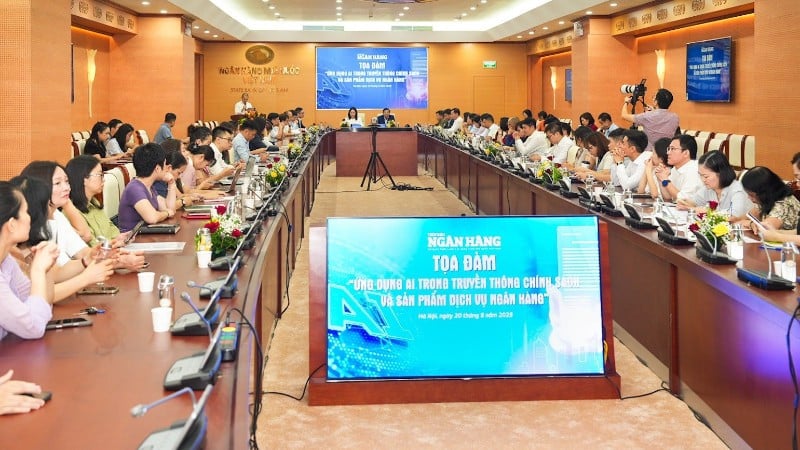
At the Seminar with the theme "Application of AI in communication of policies and banking products and services" organized by Banking Times on August 20, in Hanoi , many speakers said that the above topic is topical, practical and has important significance in the context of the banking industry promoting digital transformation and gradually perfecting the legal framework, expanding access to banking products and services, promoting financial inclusion.
Synchronized ecosystem
In her opening speech, Ms. Nguyen Thi Thanh Binh, Deputy Editor-in-Chief of Banking Times, said that in Vietnam, on December 22, 2024, the Politburo issued Resolution No. 57-NQ/TW on breakthroughs in science, technology, innovation and national digital transformation. The resolution affirmed that this is a decisive factor in the country's development. In implementing this policy, the Government and ministries and branches have issued many decisions, strategies, plans and action programs on digital transformation, digital economic development and digital society, including content on research, development and application of AI.
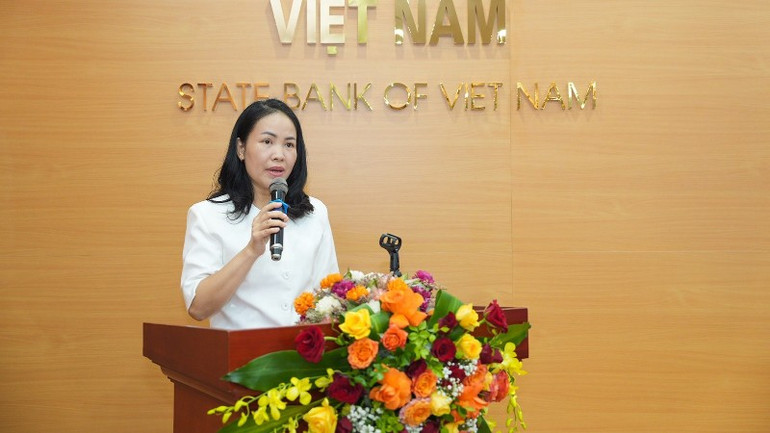
In line with the Party and Government's orientation, the Banking Industry is one of the leading sectors in digital transformation. Very early on, the State Bank issued Decision No. 810/QD-NHNN dated May 11, 2021 approving the Digital Transformation Plan of the Banking Industry to 2025, with a vision to 2030; Decision No. 2617/QD-NHNN dated December 31, 2022 approving the Digital Transformation Action Plan of the Banking Industry in 2023; and recently, Decision No. 1346/QD-NHNN dated March 5, 2025 promulgating the plan of the banking sector to implement Resolution No. 57-NQ/TW on breakthrough in science and technology development, innovation and national digital transformation and Resolution No. 03/NQ-CP promulgating the Government's Action Program to implement Resolution No. 57-NQ/TW, and continuously updating action programs to meet new requirements; encouraging units in the banking sector and credit institutions to apply advanced technologies such as AI, Big Data, Blockchain... in management, operation, provision of products and services and policy communication. Thanks to that, digital payment infrastructure has developed strongly; digital banking services have become widely popular; solutions to digitize business processes and customer care have been deployed synchronously.
According to Dr. Nguyen Quoc Hung, Vice Chairman and General Secretary of the Vietnam Banking Association, AI can support the banking system in many aspects such as helping to analyze behavioral data so that banks can create appropriate messages for each customer group; convey transparent and timely policies by summarizing legal documents, Decrees, Circulars, etc. into easy-to-understand language, helping the public and businesses grasp quickly and accurately.
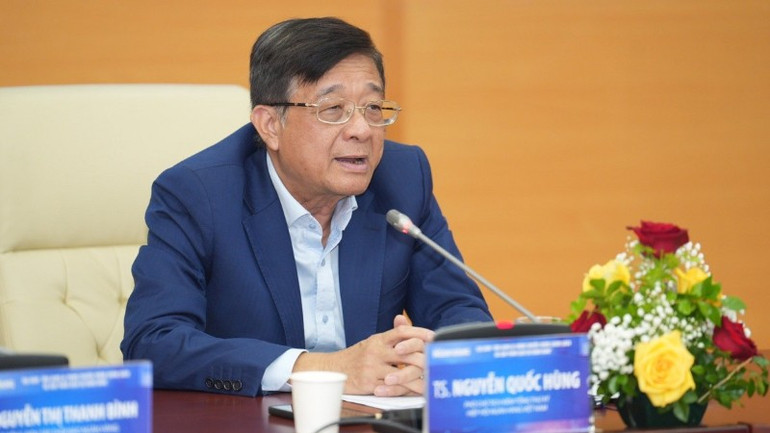
At the same time, AI helps analyze public feedback and public opinion on new policies. Thereby helping policy makers gain insight and make timely adjustments so that policies can be implemented more effectively. By analyzing big data, AI can suggest products suitable for each target group, especially vulnerable customers or those who have not yet fully accessed financial services - in line with the national comprehensive financial orientation. Intelligent optimization and automation, instantly answering thousands of customer questions, significantly improving service quality and freeing people from repetitive tasks. In particular, preventing communication risks and ensuring system safety when AI is capable of monitoring and analyzing social network data to detect false information early, so that banks can respond promptly, protecting reputation and system stability.
However, besides opportunities, the application of AI also poses many challenges, such as risks related to data security and privacy; the risk of dependence on algorithms, leading to incorrect information if not verified; legal and ethical issues in the use of AI, especially in the finance-banking sector.
Dr. Nguyen Quoc Hung emphasized the challenges of cybersecurity, data security, the risk of fake technology products (Deepfake) and ethical risks of AI as tangible barriers. In addition, high investment costs, shortage of high-quality AI personnel, legal corridors that have not kept up with technology, and the "black box" problem of AI in decision-making (because AI developers want to protect their intellectual property rights) are also barriers.
Need to build specific mechanisms and policies
To promote AI application in the banking industry, Dr. Nguyen Quoc Hung proposed that priority should be given to building and complying with ethical principles for AI development and application, ensuring fairness, transparency and serving people. In addition, consider establishing an internal AI Ethics Council to oversee key projects; proactively enhance cooperation between banks, Fintech companies, research institutes and regulatory agencies to share experiences, data (within the permitted scope) and jointly develop safe and effective AI solutions.
The Vice President and General Secretary of the Vietnam Banking Association also said that it is necessary to prioritize investment resources in modern, scalable and highly secure information technology systems to create a solid foundation for the deployment of complex AI applications, ensuring that data is always protected. At the same time, it is necessary to build specific mechanisms and policies to attract and retain experts in AI, data science and cybersecurity; continue to implement training programs to improve awareness and digital skills for all officers and employees.
Meanwhile, Associate Professor, Dr. Pham Manh Hung, Deputy Director of the Institute of Banking Science Research (Banking Academy) said that the urgent problem now is not how many more AI systems to invest in, but in retraining and developing human resources. Therefore, training and retraining are identified as key issues. Vietnamese banks need to learn from international experience and at the same time design their own roadmap suitable to domestic practices to build a team of human resources with comprehensive digital capabilities.
Source: https://nhandan.vn/ung-dung-ai-trong-truyen-thong-chinh-sach-va-san-pham-dich-vu-ngan-hang-post902255.html



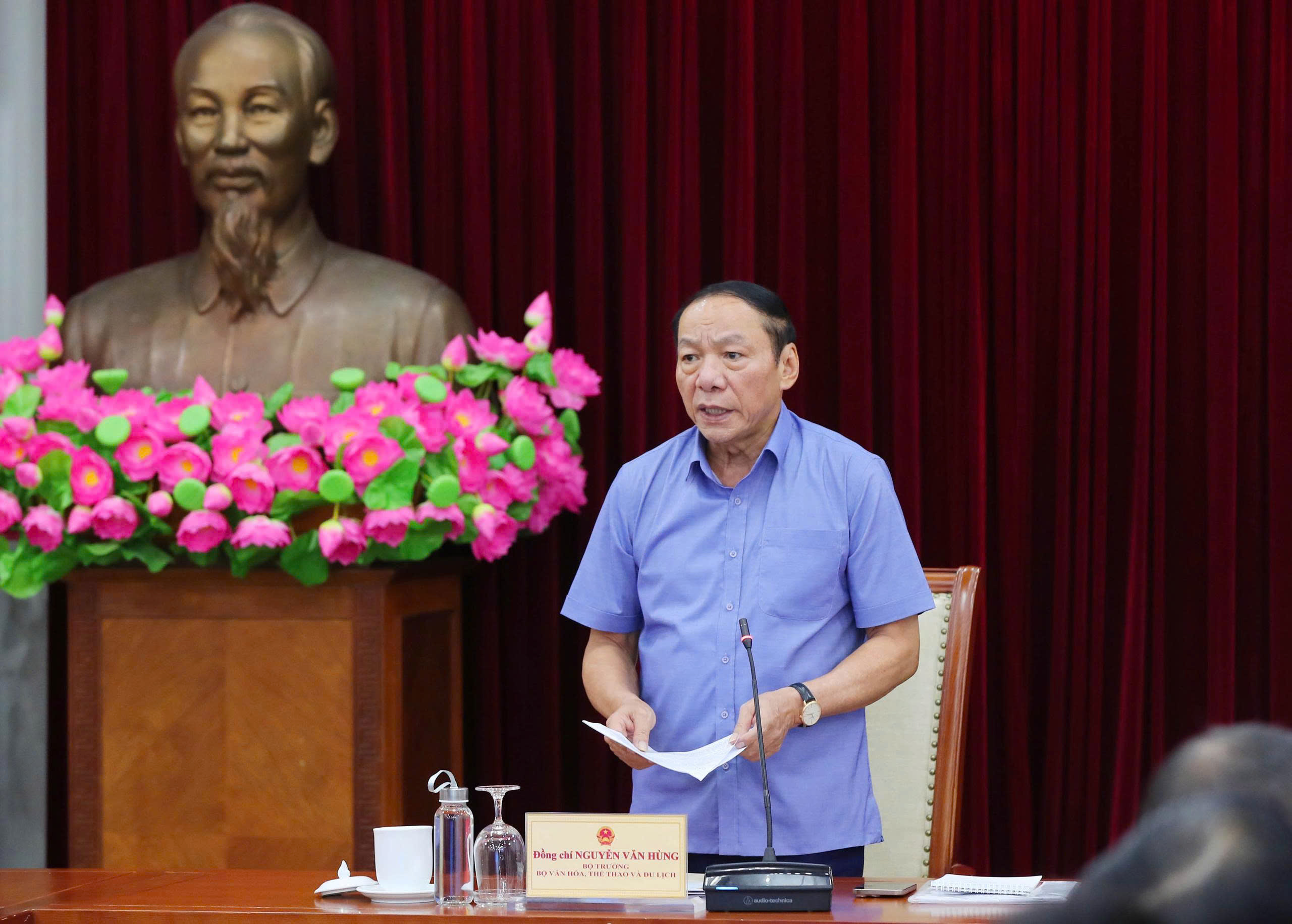








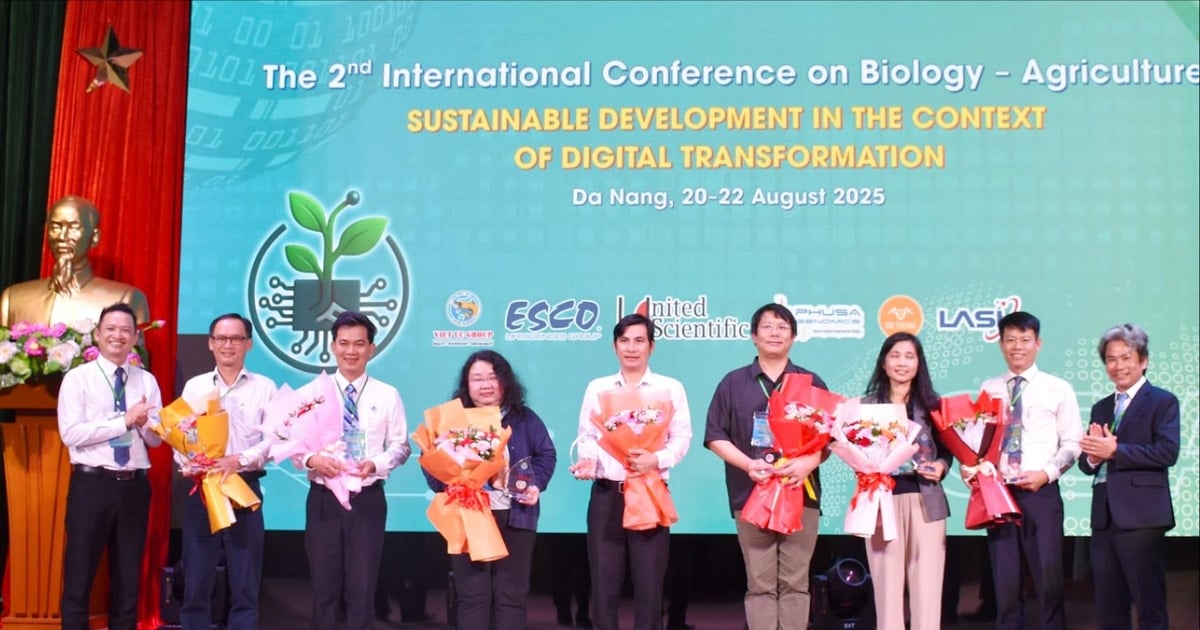










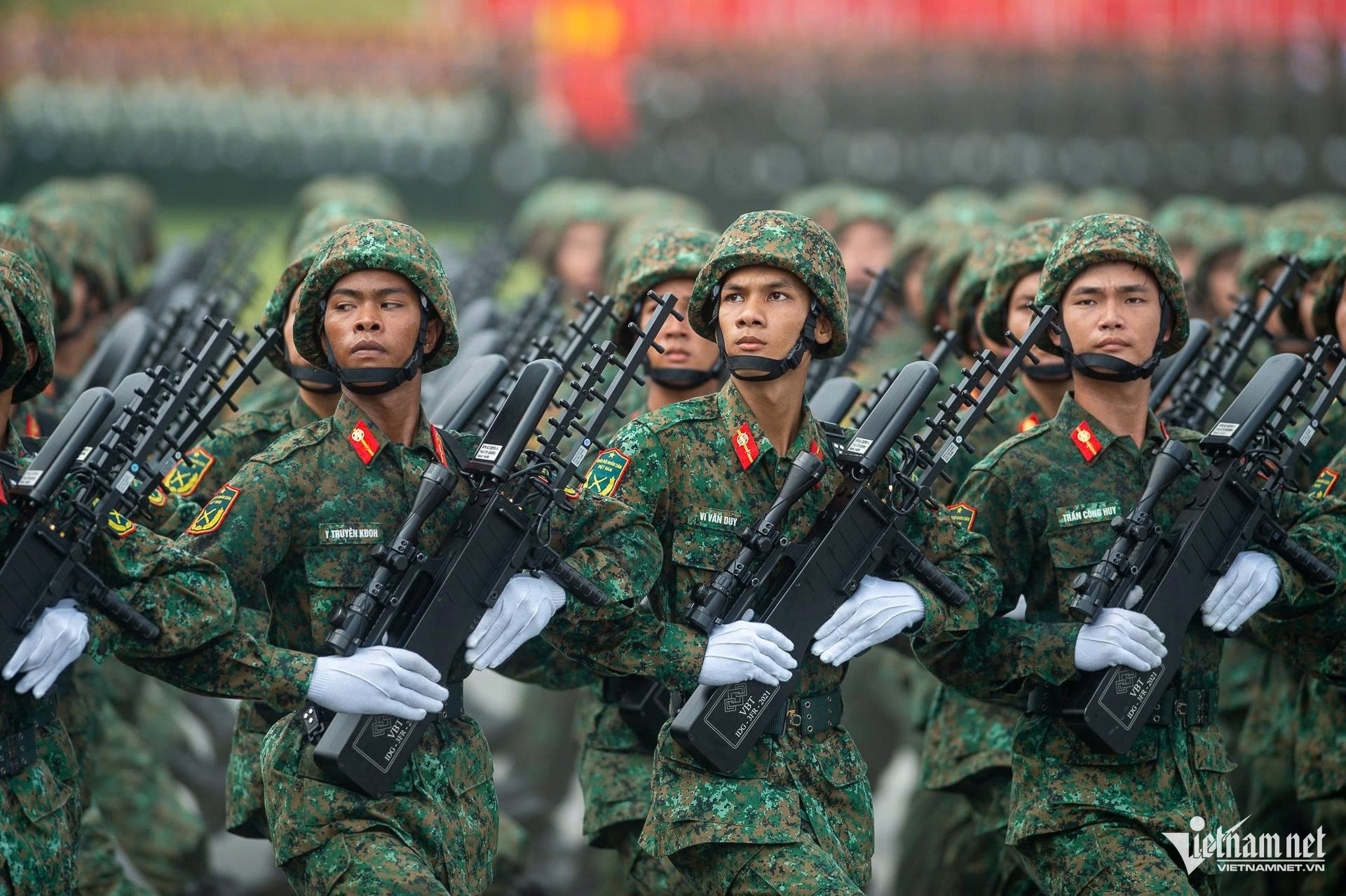


![[Photo] Politburo works with Standing Committees of Lang Son and Bac Ninh Provincial Party Committees](https://vstatic.vietnam.vn/vietnam/resource/IMAGE/2025/8/20/0666629afb39421d8e1bd8922a0537e6)


![[Photo] An Phu intersection project connecting Ho Chi Minh City-Long Thanh-Dau Giay expressway behind schedule](https://vstatic.vietnam.vn/vietnam/resource/IMAGE/2025/8/21/1ad80e9dd8944150bb72e6c49ecc7e08)

![[Photo] Prime Minister Pham Minh Chinh receives Australian Foreign Minister Penny Wong](https://vstatic.vietnam.vn/vietnam/resource/IMAGE/2025/8/20/f5d413a946444bd2be288d6b700afc33)



































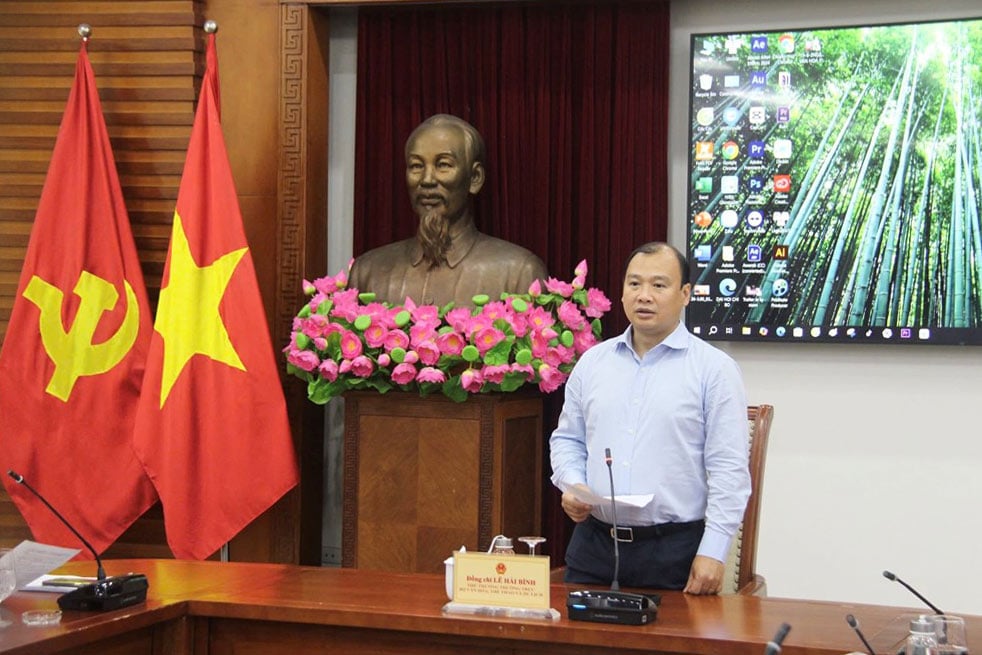

































Comment (0)